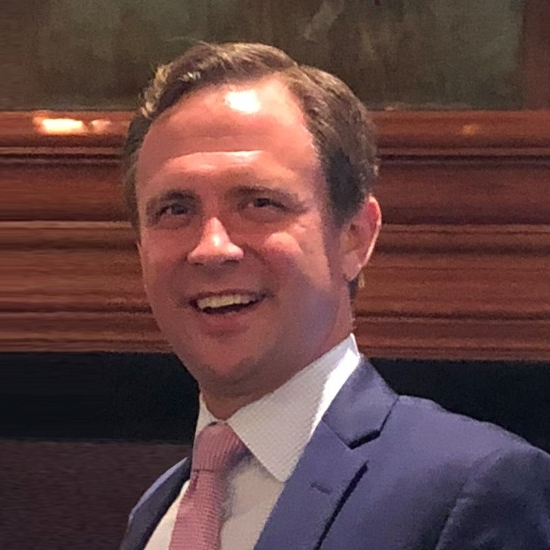Investment Strategies
Keeping Balanced After Big US Equity Gains

This news service caught up with the outsourced CIO business about how it has sought to control risks and adjust in the latter stages of this year.
As wealth managers seek a way forward after a tumultuous political year in the US and with all that means for business, firms appear keen on the idea of broadening the range of investments beyond the Big Techs.
At Hirtle Callaghan, a US firm that manages money on behalf of clients such as family offices, foundations and other organizations, a key word that arises is “balance.”
“We tend to be balanced but equity oriented,” Bill Hagan (pictured), who co-leads the family portfolio management group at the outsourced chief investment officer, told this publication. He referred to its broad asset allocation stance. About 70 per cent of its general portfolio is in public and private equity; the rest sits in different forms of fixed income and diversified assets.
There has been some rebalancing of portfolios at the margin “we are looking to trim areas that have led the way, such as mega-cap tech” (eg, the “Magnificent Seven” stocks), he continued.
The S&P 500 Index of US stocks has risen more than 28 per cent since the start of January 2024. With large tech companies driving a large amount of this performance, some diversification appears wise. Others agree: HSBC Global Private Banking, for example, has talked about widening its pool of equity holdings beyond the Big Techs.
In general terms, Hagan sees a favorable environment for earnings growth. He expects the Fed to continue cutting interest rates in 2025, following cuts in 2024. “This should be supportive for risk assets,” he said.
“We have to acknowledge that valuations are reflective of the positive economic environment,” he said, when asked of high US price-to-earnings ratio valuations on companies such as Nvidia, Apple, Microsoft and Amazon.
“We want to continue to own these names over the long term and those stocks are some of the largest in our portfolio. We are, however, slightly underweight these names relative to the S&P 500,” he continued. “These are high-quality businesses that are growing their earnings…they have little or no debt and generate strong cash-flow. We are just aware that valuations are trading at a fairly high level so we want to rebalance portfolios and deploy the proceeds more broadly.”
There has been some more “quality exposure” to growth companies that don’t depend solely on AI to do well, Hagan said.
This publication asked about international angles.
Hirtle Callaghan is investing in areas outside the US, Hagan said: “Europe is trading at a discount to the US, both absolutely and relative to their historical relationship.” Some multinationals that are domiciled in Europe are attractive, he added.
Asked about the “asset location” issue (tax, structures of holding investments, etc), Hagan said this was an important topic. “When you manage money for families you have to take a consolidated approach.” (Hagan referred to the fact that different family members often have different accounts, including pensions.) For instance, the firm can shelter tax-inefficient assets into Individual Retirement Accounts, both for public and private market assets.
The rise of OCIO organizations such as Hirtle Callaghan reflects how many family offices and institutions, for example, lack the time and resources to manage their investments, preferring to bring in experts. (See a previous article about Hirtle Callaghan's views, here.)
Speed and cash
Hirtle Callaghan has seen families that have sold businesses put
their cash into money markets viewing it as a safe play. “Many
families have not been as quick to deploy that cash into the
equity markets,” he said.
Money market yields look set to be down at around 3.5 per cent by the end of 2025. It is important for clients not to wait too long, he said.
“We recommend making a plan to invest into equities and fixed income and do that in a staged approach. We are in a more normal interest rate environment than we have seen in the past 10 years,” Hagan added.
